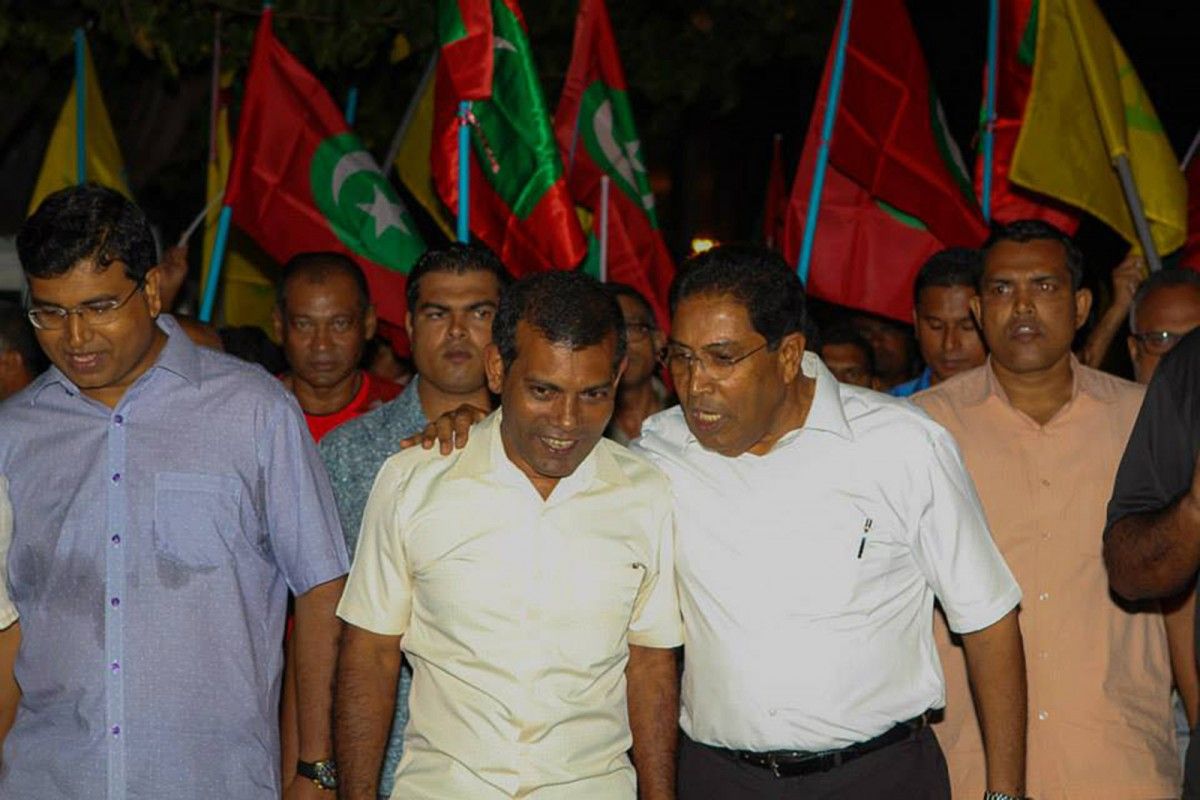JP opposes key MDP manifesto pledges
Coalition partners disagree on foreign judges and shifting to a parliamentary system.

05 Jul 2018, 09:00
The Jumhooree Party has opposed coalition partner the Maldivian Democratic Party’s proposals to appoint foreign judges and shift to a parliamentary system.
In an open letter Wednesday night, exiled JP leader Gasim Ibrahim asked the opposition coalition to accept 11 nationalistic pledges proposed by the party.
Citing its exit from short-lived coalitions that won power in 2008 and 2013, JP called its pledges “important components that must be included among the main pillars and fundamentals of the coalition agreement”.
After weeks of bickering over a single candidate, the coalition agreed last Friday to field an MDP presidential candidate with a JP running mate. The MDP’s national congress appointed Ibrahim Mohamed Solih ‘Ibu’ as its candidate and the JP is due to announce the vice presidential candidate on July 10.
Become a member
Get full access to our archive and personalise your experience.
Already a member?
Discussion
No comments yet. Be the first to share your thoughts!
No comments yet. Be the first to join the conversation!
Join the Conversation
Sign in to share your thoughts under an alias and take part in the discussion. Independent journalism thrives on open, respectful debate — your voice matters.




